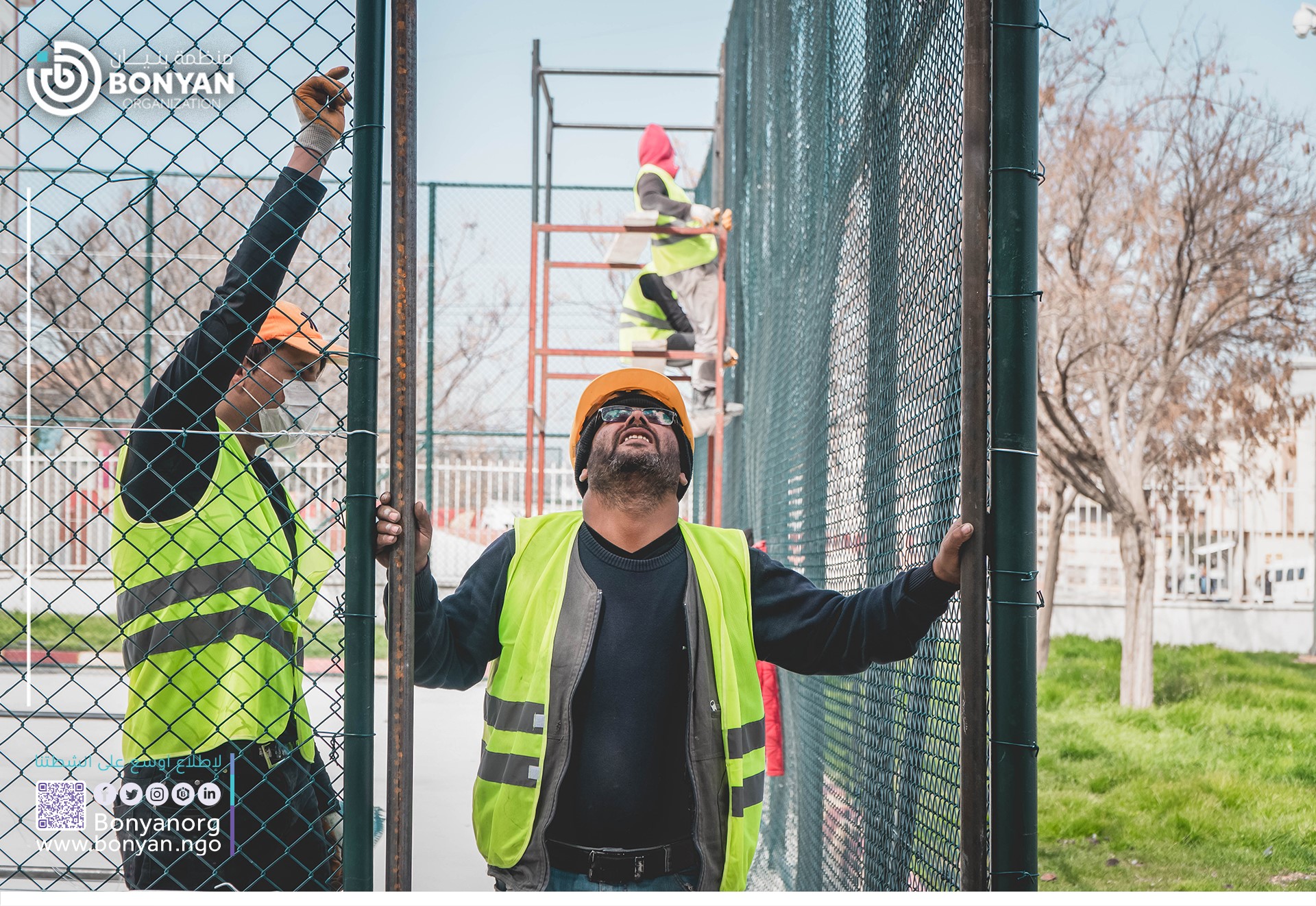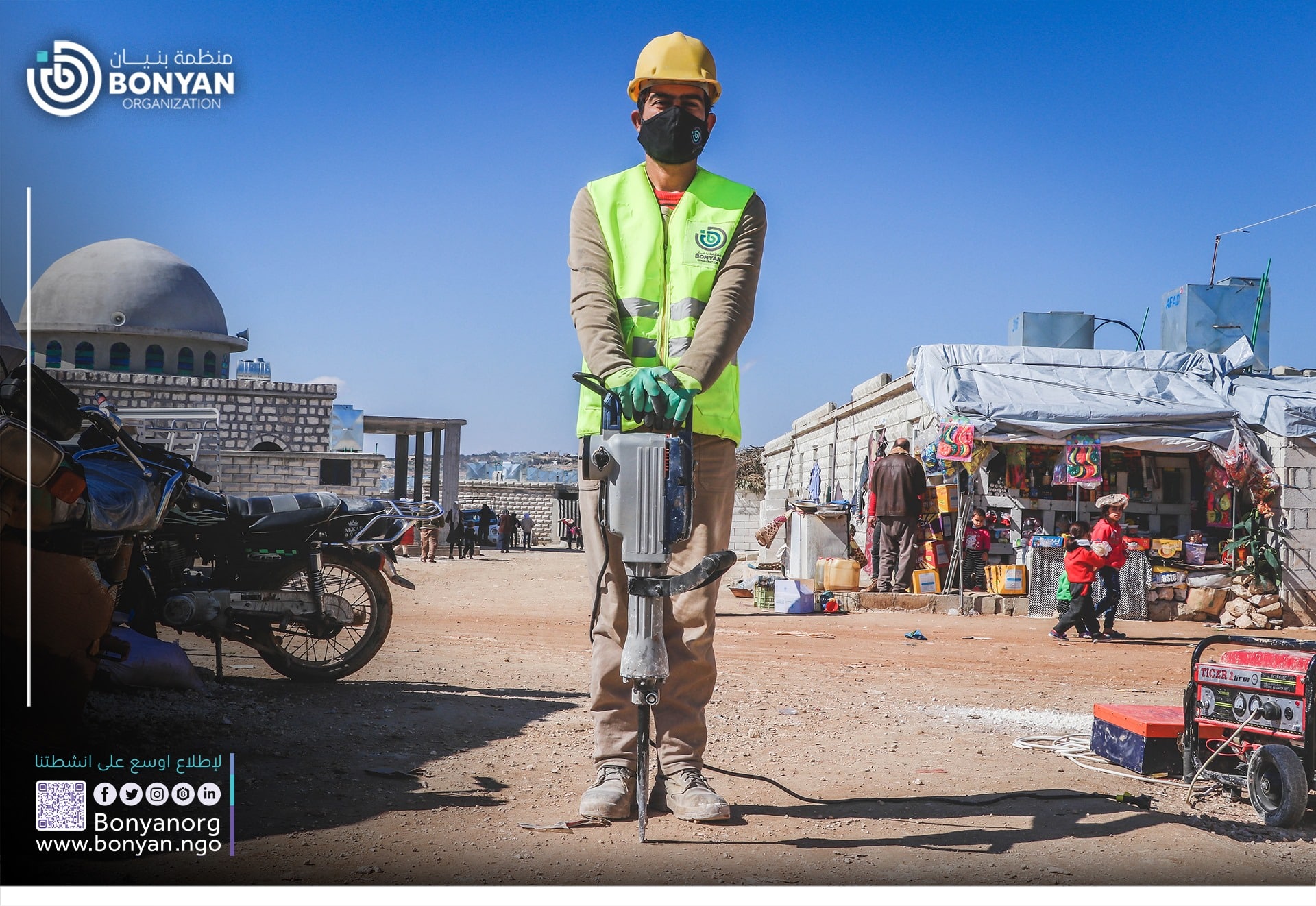Cash for Work – CFW
Cash Work is used by humanitarian organizations, and here we will talk about its benefits, challenges, and programs.
Definition of the Cash for Work program
Cash for Work (CfW) is a short-term intervention used by humanitarian organizations to provide temporary employment in public projects (such as repairing roads, cleaning camps through solid waste management, garbage collection, or rehabilitating public infrastructure, like schools or health centers, etc.)
Benefits of the Cash for Work Program
- Stimulation of the local economy.
- Rehabilitation of community assets and potential risk reduction.
- Reduce economic migration and encourage return.
- Short-term employment generation.
- Community empowerment.
Challenges of the Cash for Work program
There are also some risks and challenges associated with Cash for Work programs:
- Corruption, fraud, and diversion.
- Local market distortion.
- Negative influence on cultural norms by changing traditional responses to emergencies based on solidarity and volunteerism.
- Biased targeted population, excluding the populations that are not fit for work such as the sick, the elderly, or the disabled.
- Fuelling dependencies divert beneficiaries from their traditional livelihoods, leading them to rely on such programs as a primary source of income.

Cash for Work Programs
Cash for Work programs is essentially Social Protection Programmes whereby the most disaster-affected communities can quickly earn cash under ‘decent work’ conditions to get back on their feet in return for participating in disaster clean-up and restoration activities.
Cash for Work Objective
Cash for Work interventions provides employment to unskilled and semi-skilled workers on labor-intensive projects such as the rehabilitation of irrigation systems, soil conservation, and road construction and maintenance.
Create Quickly Available Income Opportunities
Cash-for-Work programs create earning opportunities that can temporarily stabilize people’s incomes following a crisis.
Especially refugee aid is geared primarily to the most vulnerable refugees and to poorer members of the host population who are unable to find alternative forms of employment on the local job market.
People who have had no opportunity to work, sometimes for more extended periods, get a chance to earn some income again and develop a feeling of solidarity by contributing to the community’s welfare.
Improve General Living Conditions
The program aims to improve living conditions by providing medical visits for annual preventive care and long-term care, and improving health over time can offer more years of a good life for the individual, reduce the prevalence of chronic diseases and disability, as well as reduce health care expenses during the life.

Provide Long-Term Opportunities
Cash for Work programs can address basic needs, In addition to;
- Prevent harmful coping mechanisms while building or rehabilitating productive assets.
- Reduce the impact of natural hazards.
- Promote climate change adaptation and mitigation.
- Enhance livelihood’s resilience to shocks and crises and thus help to address food security in the medium and long term.
C.F.W. can be linked to existing Social Safety Net programs.
Eligibility Criteria of Cash for Work program beneficiaries
In selecting the delivery mechanism, a Cash for Work program should also consider cost efficiency, the potential for digitization of program information (from the beneficiary list to payment records), and ease of enforcing maximum segregation of duties among actors.
Read More:
FAQ
Who Does Cash for Work Help and How?
It works to provide temporary employment opportunities on public projects (such as repairing roads, removing rubble, or rebuilding infrastructure) for the most vulnerable population segments.
What is Cash for Work Program?
A short-term intervention used by humanitarian organizations to provide temporary employment in public projects (such as repairing roads, cleaning camps through solid waste management, garbage collection, or rehabilitating public infrastructure, like schools or health centers, etc.)



